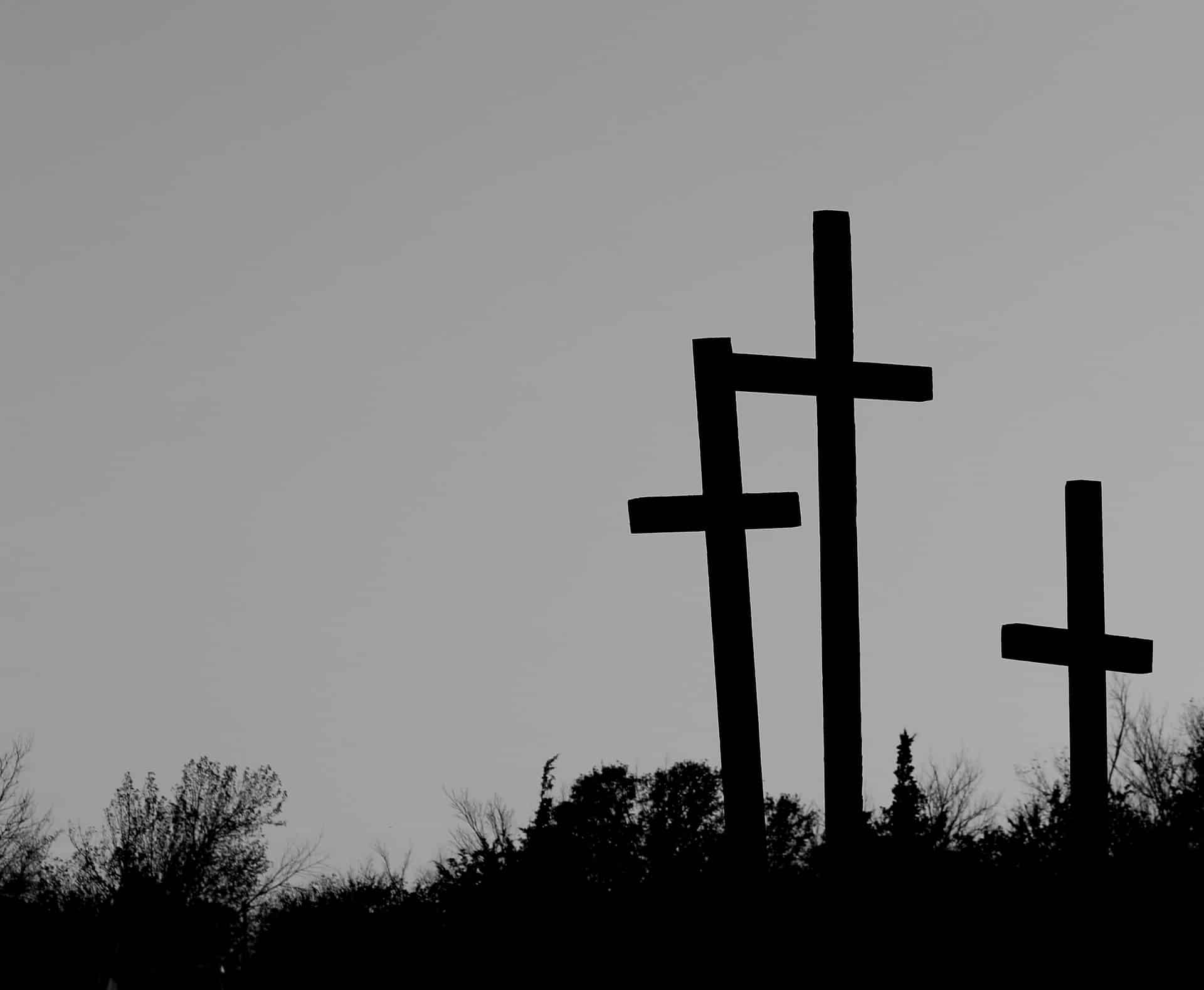Q. In reading the Bible, I’m noticing numerous references to the number three or sets of three. For example, the three calls of Samuel, three temptations of Jesus in the desert, the Trinity, three days in the tomb, Jesus’ three-year ministry, 33 when he died!
I know certain numbers had special significance, like seven representing perfection. What does the number three mean in Hebrew/Jewish understanding, or are these numerous references to three simply coincidences? And are there any texts of which you are aware that discuss these number patterns in detail and their meaning?
A. I could not find much on the significance of numbers in the Bible. Entries in Volume 10 of the New Catholic Encyclopedia, however, deal with numbers and number symbolism in the Bible.
At the end of the Bible entry by Howard Joseph Sorensen, O.M.I., there is a bibliography. Most of the works there are probably out of print or in a foreign language. But a good public or university library might help you in finding something on numbers in the Bible.
With that said, Sorensen does note the number three indicates completeness and is superlative—a thing is entirely what it is said to be. A person dead three days is really dead. One who is thrice holy is perfectly holy.
Sorensen further notes that four indicates comprehensiveness. The four corners of the earth represent every direction. Seven also indicates completeness, and can be used of good or evil. Magdalene, for instance, was possessed by seven devils. Twelve is associated with the 12 tribes of Israel, thus, the people of God, the 12 apostles and the multiples of 12 in the Book of Revelation.
In the end Sorensen makes the important statement that the Bible never attributes a special power to numbers and a number has no special meaning apart from the thing signified.








